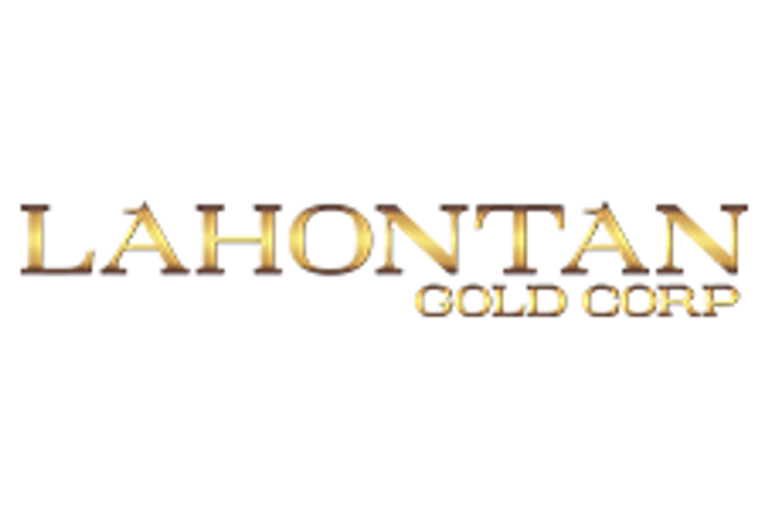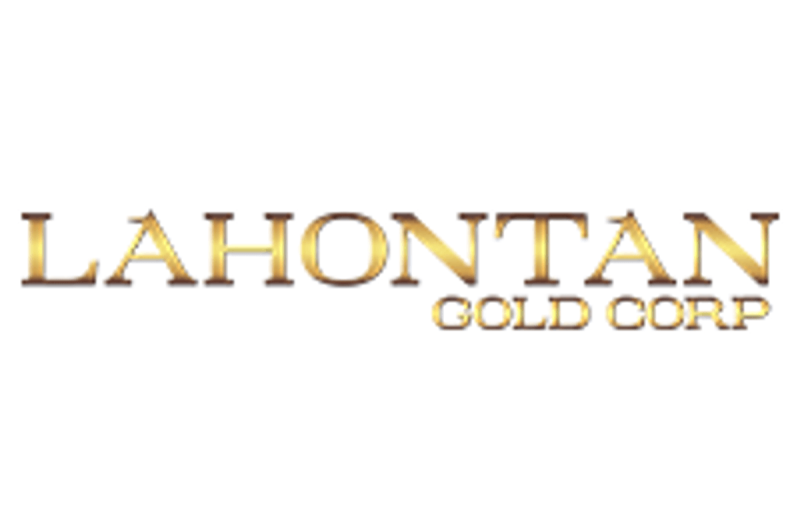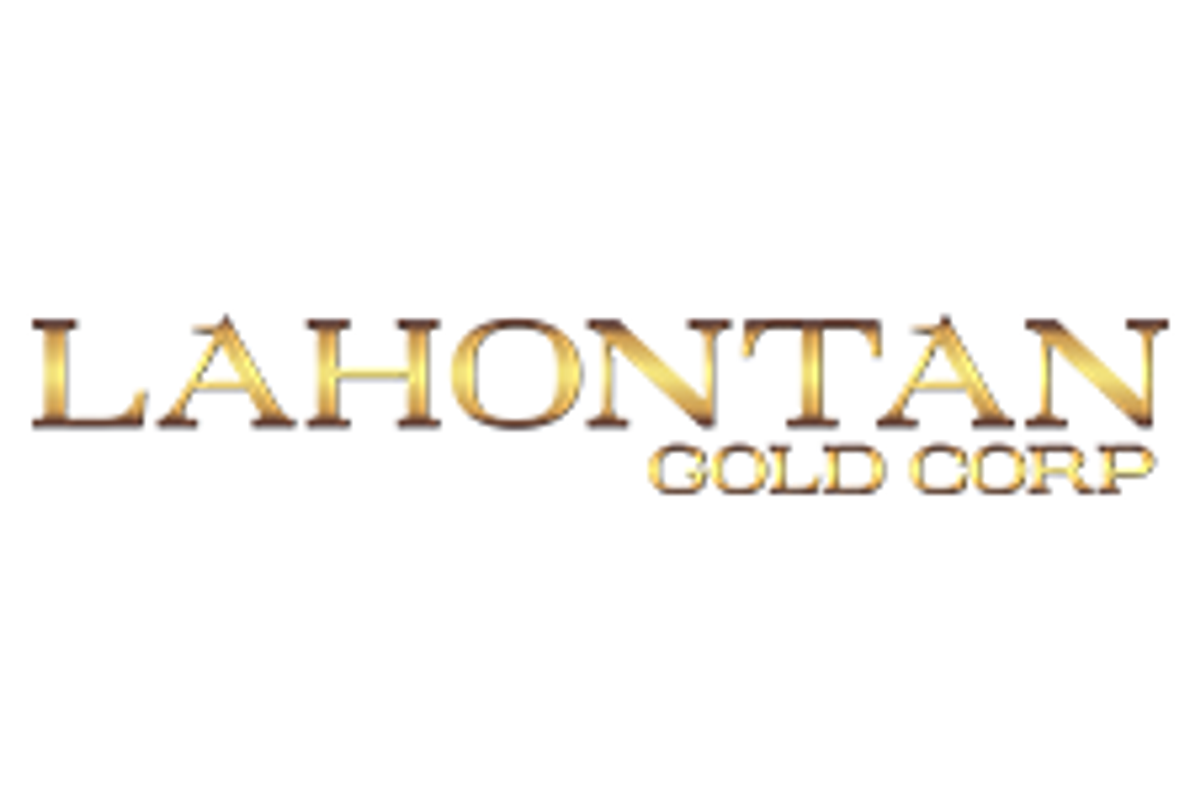

Optimism was building at last year’s Vancouver Resource Investment Conference (VRIC), with fresh capital flowing back into the mining sector, lifting project financings and investor portfolios alike.
This year’s VRIC, which ran from January 25 to 26, saw that optimism tip into outright exuberance.
Record-breaking gold and silver prices drew a larger, more diverse crowd, while speakers openly compared the current market to the great bull runs of the late 1970s and early 1980s.
Yet beneath the enthusiasm, a note of caution emerged. While few questioned the strength of the rally, debates centered on whether the move is still in the early innings or edging closer to bubble territory.
Gold, silver and the need to take profits
Precious metals were front and center throughout VRIC.
The price of gold crossed the US$5,200 per ounce mark during the show, and silver’s incredible run peaked at US$116 per ounce, gaining more than 250 percent since January 2025.
Over the past couple of years, gold’s shine has been brought about by significant central bank buying. Considered the ultimate buy-and-hold participants, these entities have been acquiring large quantities of gold for several reasons, including runaway global debt and concerns over the weaponization of the US dollar.
Central bank purchases, along with geopolitical and financial uncertainty, have helped to revive a beleaguered retail segment, effectively pouring gasoline onto the fire.
For silver, structural shortages that have developed over the past several years came into focus and were exacerbated by a surge of investors seeking a cheaper physical asset alternative to gold.
Flashpoints in the Middle East, a simmering trade war driven by tariff threats, disrupted supply lines and currency devaluation have also helped bring the monetary aspects of gold and silver to the forefront.
In the 2026 ‘Gold Forecast’ panel at VRIC, Gold Royalty (NYSEAMERICAN:GROY) Chair and CEO David Garofalo explained why precious metals were one of the best-performing asset classes last year.
“Gold has been a one-way trade for 50 years … the purchasing power of our dollars has gone down 99 percent over that period of time. The negative correlation between the gold price and the purchasing power of our underlying currencies is undeniable,” he said, adding that “gold can only go in one direction.”
Garofalo added that the debt-to-GDP ratio rose to 350 percent in 2025 from 100 percent in the 1970s, creating a “ticking time bomb” that leaves central banks with no wiggle room to raise interest rates. “Gold can only go in one direction in that market because there is a limited supply of gold. Gold can’t be printed,” Garofalo said.
With those circumstances in mind, how high can gold and silver prices go? There were differing perspectives throughout the conference on whether precious metals are in a bull market or a bubble.
At the ‘This Isn’t Our First Bull Market’ panel, Ross Beaty, Equinox Gold (TSX:EQX,NYSEAMERICAN:EQX) chair and Canadian Mining Hall of Famer, was one of those who suggested the market is in a bubble.
He also compared the state of the market to the late 1970s and early 1980s, and spoke about how gold went above US$700 per ounce before crashing to US$250 an ounce in a matter of months. “You only know you’re at the top after the fact. From my standpoint today, it is. It’s a bubble, it’s a frothy market,” Beaty said.
Fellow panelist Rick Rule, proprietor at Rule Investment Media, didn’t go so far as to say the market is in a bubble, but did point out that even in a strong bull market, there are risks.
He pointed out that in 1975, as the gold bull market was running, the gold price fell by half.
Both speakers suggested there is still upside in the market, but acknowledged that now is a good time for investors to take some profits. For his part, Beaty was blunt in his advice.
“It is time to take some money off the table. I think probably not all, because I think we have more room to run, but we’re not in the early innings of this game, we’re in the late innings,” he said.
Rule’s approach was more one of preparation, especially for less experienced investors.
“If you aren’t financially and psychologically prepared to deal with 30 or 35 percent declines, or 50 percent declines, you really have to get some money in the bank now, because you’re going to experience that,” Rule said.
During VRIC, Rule also spoke about how he recently sold off 25 percent of his junior mining portfolio, noting, “I sold off 25 percent of my upside, and I eliminated 100 percent of my downside.”
Copper, uranium and the AI bubble
If industry stalwarts like Beaty, Rule and Garofalo are suggesting it’s time to take some money off the table, were there any suggestions where to look next?
On the gold panel, Incrementum AG Managing Partner and Fund Manager, Ronald-Peter Stöferle gave insight that his fund had cycled funds from precious metals into other areas of the resource sector.
“We reallocated some capital, took some profits, because the risk has been too dominant and reallocated into oil, into copper, into uranium,” he said.
What’s become more apparent over recent years is the growing need to add gigawatts to the electrical grid. To meet growing demand, electricity must be generated, and uranium is increasingly used as a fuel. However, delivering it requires infrastructure, and copper remains one of the best ways to do so.
However, both copper and uranium have demand exceeding supply.
While copper has been in balance over the last couple of years, incidents at Freeport-McMoRan’s (NYSE:FCX) Grasberg mine and Ivanhoe’s (TSX:IVN,OTCQX:IVPAF) Kamoa-Kakula mines tipped the market into supply deficits in 2025, and it’s likely to stay there for some time.
Both copper and uranium have been increasingly tied to the artificial intelligence (AI) revolution.
At the ‘Copper Forecast’ panel, Independent Speculator Editor Lobo Tiggre noted the connection but pointed out that underlying fundamentals beyond AI continue to make the case for investing in copper and uranium. He noted that the release of Chinese AI DeepSeek affected Western equities tied to the AI boom.
“If you think it (AI) is a bubble, remember what happened in the DeepSeek moment. Copper wobbled, uranium wobbled … The good news, in my view, is that means that whenever the next wobble comes, there’s potentially a buying opportunity, given the fundamentals we’re talking,” he said.
The fundamentals are that AI and data centres are just additional demand. Through several of his appearances, Rick Rule noted that there are a billion people on the planet who don’t have access to reliable electricity.
Additionally, global infrastructure needs to be upgraded as more people rely on electricity for a wider range of uses, including EVs. However, there are only a few new mines on the horizon, and not enough to meet baseline demand.
Ivan Bebek, CEO and chair of Coppernico Metals (TSX:COPR,OTCQB:CPPMF), said on the copper panel that all the easy copper deposits have been found.
“Copper mines are hidden behind geopolitical boundaries, social issues or undercover. They’re mined, and all the easy ones have been found. Look at the chart I presented earlier, and it shows the decline basically falls off a cliff in 2015. There hasn’t been any major copper discovery of consequence since then,” he said.
It’s not just a lack of discovery; copper mines require significant capital investment and can take decades to complete permitting.
Likewise, uranium is in a similar boat. Although it’s far from its US$140 per pound high in 2007, uranium has solid supply and demand fundamentals and has significant upside potential.
In his fireside chat, Uranium Energy (NYSEAMERICAN:UEC) CEO Amir Adnani said that he expects uranium prices to continue to increase.
“The uranium price has no business hanging around under US$100 per pound. The uranium price should be doing what silver and gold are doing. It will do that, in my opinion, because it is fundamentally in a structural deficit,” he said.
Adnani pointed to a cumulative shortage of 379 to 840 million pounds over the next 10 to 15 years, and stated it should be at least US$1,000 per pound. He noted that both China and the US have designated uranium a critical mineral, with the US even establishing a strategic reserve.
Investors are faced with choices
With consensus at the conference that AI is a bubble that’s ready to burst, the overall fundamentals for copper and uranium remain strong even without it.
As for precious metals, given the strain on global financial systems in recent years, and uncertainty when it comes to US debt loads and a weakening US dollar, they should still hold a place in an investor’s portfolio.
However, as many at the conference suggested, the time to take profits is before the peak, not after investors look back on it.
Though some suggest cycling that money into other equities to take advantage of copper and uranium, there was also the suggestion that holding cash can be a good thing, remaining liquid and ready to take advantage of pullbacks and corrections in the market.
Securities Disclosure: I, Dean Belder, hold an investment interest in Equinox Gold.






















